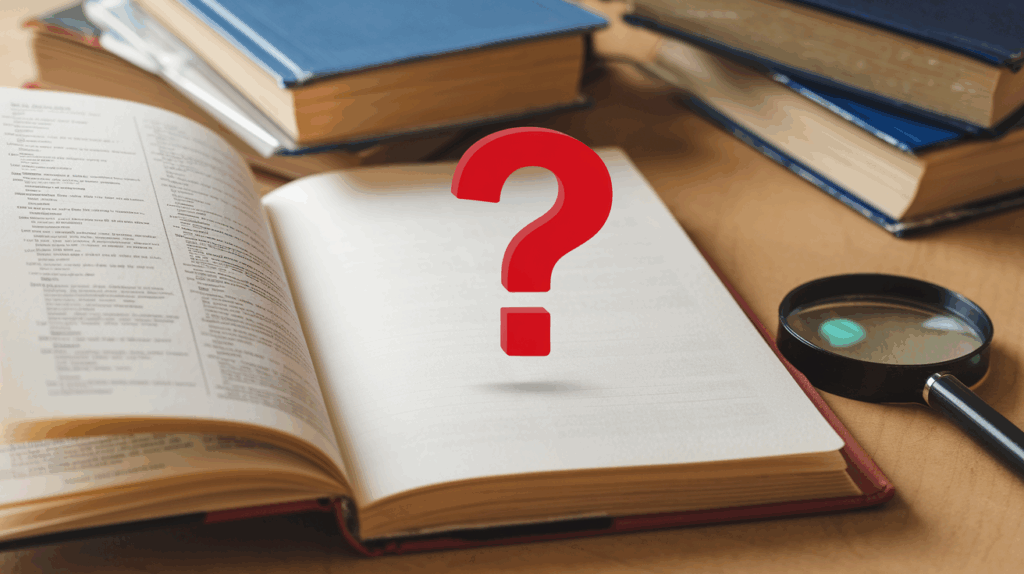You’re typing an important email when you pause. Is it receive or recieve? That moment of doubt hits everyone.
This common spelling mix-up trips up millions of people daily. Even confident writers second-guess themselves when these letters appear on their screen.
Getting this right matters more than you think. One wrong letter can make your writing look unprofessional. It can change how people see your attention to detail.
Let’s settle this spelling debate once and for all. This blog will show you the correct spelling, help you remember receive or recieve forever, and provide you with tricks to avoid making this mistake again. No more hesitation when you write important messages.
The Correct Spelling: Receive or Recieve

The correct spelling is receive – not “recieve.” This fact surprises many people because it breaks the common “i before e except after c” rule they learned in school.
Here’s the truth: “receive” follows the pattern where “e” comes before “i” after the letter “c.” The word comes from Latin and has kept this spelling for centuries.
You’ll never see “recieve” in any dictionary because it’s simply wrong. Think of it this way: when you receive something, the “e” comes first to welcome what you’re getting. The “i” follows behind, just like in the word “ceiling” or “perceive.”
Remember this simple fact: receive is always spelled R-E-C-E-I-V-E. Write it down a few times. Say it out loud. This spelling never changes, no matter how you use the word.
Why Do People Spell It ‘Recieve’?
The mix-up happens because of a famous spelling rule most people learned in elementary school: “i before e except after c.” This rule works for words like “believe,” “achieve,” and “piece.” So when people see the letter “c” in “receive,” they think the rule applies.
But here’s the problem: English has many exceptions to this rule. “Receive” is one of them. The rule doesn’t cover all words that come after “c.”
Many people also spell it wrong because they don’t use the word often in writing. When you don’t practice spelling a word regularly, your brain fills in what seems logical. “Recieve” feels right to many people because of that childhood rule.
Mnemonic Devices to Remember ‘Receive’

Memory tricks make spelling “receive” so much easier. These simple methods will stick in your mind and help you spell it right every time you write.
- “Receive has ‘ei’ – just like ‘ceiling'” – Both words follow the same pattern after ‘c’
- “When you receive, the ‘e’ comes first to greet what’s coming” – Think of ‘e’ as welcoming
- “CEI-ling, reCEI-ve, perCEI-ve” – All words with ‘c’ use ‘ei’ in this group
- “I receive mail from my neighbor” – Create a sentence and repeat it
- “The word ‘receive’ has two ‘e’s hugging the ‘i'” – Visual memory trick
- “Spell it like ‘believe’ but flip the letters after ‘c'” – Compare with familiar words
- “Receipt and receive both start with ‘rec-ei'” – Link related words together
The Psychology Behind Spelling Errors

Our brains don’t process spelling the way we think they do. When we write quickly, our minds take shortcuts and fill in gaps based on patterns we’ve learned before. This explains why smart people still make simple spelling mistakes.
Here’s what happens in your brain when you spell:
- Pattern recognition kicks in first – Your brain looks for familiar letter combinations it has seen before
- Sound-based spelling takes over – You spell words the way they sound, which doesn’t always match correct spelling
- Muscle memory from typing – Your fingers sometimes type what feels right, not what is right
- Overconfidence in rules – You apply spelling rules too broadly without checking for exceptions
- Speed versus accuracy trade-off – Fast writing leads to more mistakes because your brain skips verification steps
- Context switching problems – Moving between different writing tasks makes your brain less focused on details
Understanding these mental processes helps you catch spelling errors before they happen.
Similar Misspelled Words

“Receive” isn’t the only word that trips people up with tricky letter combinations. Many English words have similar spelling challenges that catch writers off guard. Let’s look at other commonly misspelled words that follow patterns like “receive.”
Words That Follow the “ei” After “c” Rule
Ceiling – People often write “cieling” but the correct spelling is ceiling. Remember, it follows the same pattern as “receive.”
Perceive – Many spell it “percieve” when the right way is perceive. The “ei” comes after “c” just like in “receive.”
Conceive – Writers sometimes use “concieve” instead of the correct conceive. Keep the “ei” pattern consistent.
Deceive – The wrong “decieve” appears often, but deceive is correct. Notice how all these words keep the same “cei” pattern.
Words That Break the “i Before e” Rule
Neighbor – Not “nieghbor” – the correct spelling is neighbor. This word ignores the basic rule completely.
Weight – People write “wieght” sometimes, but weight is right. The “ei” sound comes first here.
Freight – The incorrect “frieght” shows up often when freight is the proper spelling.
Height – Writers use “hieght” by mistake instead of height. Remember this breaks the usual pattern.
The Bottom Line
Spelling “receive” correctly comes down to one simple fact: it’s always R-E-C-E-I-V-E, never “receive.”
The receive or recieve debate is officially settled. You now have the tools to remember this forever – from memory tricks to understanding why your brain makes this mistake in the first place.
What other tricky words would you like to master next? Leave a comment below and let me know which spelling mistakes give you trouble.
















